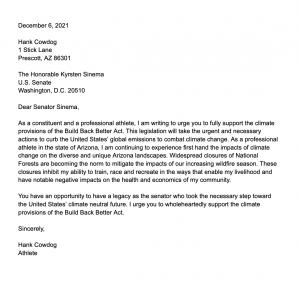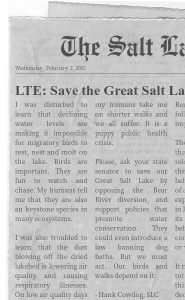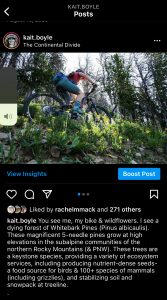The collective power of individuals like you taking action and using your voices to advocate for decisions and changes that have the impact on the bikepacking experience and the landscapes that we ride through is a powerful tool.
You can use this Advocacy Toolbox for Bikepackers when issues or decisions arise that impact our community, trail access, or the landscapes through which we ride. These six tools are proven strategies for moving the needle in democratic political action.
They take anywhere from a minute to hours. Generally the ways to engage that take the most time have more impact and sway on law makers and officials, but research has shown that even small actions like commenting on social media can make a big impact.
The tools provided here are calling your elected official, writing to your elected official, visiting the lawmaker, writing a letter to the editor or OpEd, and using social media to support political action (slacktivism).
For each tool we offer an estimated time investment, how that strategy works, tips for effective use of the tool, an example, and a photo of Hank the bikepacking pup modeling the advocacy strategy. Because who isn’t inspired to take action by that face?
Some of the talking points we use in these tools inlcude bikepacking-specific talking points gleaned our community surveys. Depending on the situation, it may be helpful to include a bit about bikepacking to give lawmakers context.






